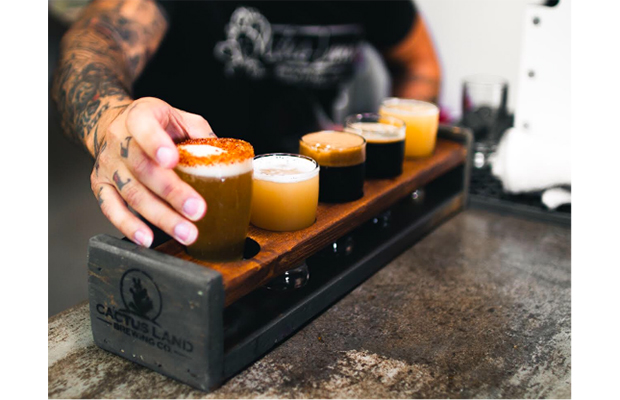
As a brewery expands and grows, they find a unique style to differentiate themselves from competitors. For Dustin & Erica Teague, at Cactus Land Brewing, their style is defined by the beer they produce and their physical space that houses their brewery.
The brewery is deliberately rustic and approachable with an outdoor stage for live music. It has a feel of being able to drive your tractor or ride your horse to Cactus Land. It’s a true brewery tourism destination.
Despite a challenging economy and canceled industry conferences due to the coronavirus/COVID-19, Erica & Dustin have plans to increase production capacity with a host of new equipment, including a MARKS brewhouse and cellar tanks.
MARKS took some time to speak with Dustin and Erica about the future of Cactus Land Brewing, as well as how the cancellation of the 2020 Craft Brewers Conference affected their business.
About Cactus Land Brewing Co.: Erica and Dustin Teague grew up around the San Antonio area. Dustin began home brewing and became obsessed with it. After five years of homebrewing, winning many homebrewing competitions, and receiving positive feedback, the opportunity arose to use some family-owned property with an existing building to create a brewhouse and turn their hand to commercial brewing. Dustin convinced Erica on the idea, and now she is more entrenched in the industry than even Dustin is.
MARKS: Your slogan is “Diverse beer for diverse people.” Tell us about your diverse range of beers.
Erica – Beer is so different, and people are so different, so catering to all the crowds that come into our brewery is what we’re about.
Dustin – We didn’t want to limit ourselves to one particular style or taste. We wanted to capture the preferences of anyone coming to our brewery with a diverse portfolio since we get a diverse crowd coming to our brewery. We are close to San Antonio, but yet we’re a rural area. We get urban people and country folk, we have families with kids. We cater to everyone.
Erica – Our slogan also means we don’t pigeonhole ourselves to a name or product. We can change with the times.
Dustin – We loved sours at the time, but we understood that the local market wasn’t going to see large sales for these right away. We need styles that would sell.
MARKS: How were you planning on capitalizing on the CBC event in San Antonio?
Erica – It would have been our first CBC, so we were looking forward to capitalizing on education and technology. We were planning on connecting with people in the industry so that we could absorb all of that information. The events were going to be huge too.
Dustin – I was looking forward to the seminars and all the learning from seeing new products and equipment that could help us. We’re a rural brewery, so we weren’t anticipating seeing a huge boom in numbers to our brewery. We were going to be part of a bus tour that stopped at our brewery. And we had an event planned with MARKS and Codi Packaging. We had multiple collaborations set up for CBC beers. We were also going to be involved in a mini-festival downtown the day before CBC. Our brewery, along with other San Antonio breweries, were going to be showcased. Snoop Dog was supposed to perform at that.
Erica – We were really looking forward to reaching such a large, global crowd. Our plan was to show off our products to everyone. I was also part of hosting a “Women in the industry” seminar. We were going to be talking about women in leadership and how to empower women. We’d been planning it for months. We’re still going ahead with an online version with the Brewers Association. But presenting online is not the same connection as being there with everyone.
MARKS: Had you seen a change in the craft beer environment in San Antonio in the lead up to the event?
Erica – I was actually just talking with a bunch of brewers a month before. We all believed CBC was going to do San Antonio a lot of good. We’re an under-saturated craft beer market compared to a city like Austin. It was probably going to highlight us as a city to attract more breweries here, maybe even some second locations. It would have opportunities for a lot of the young breweries here. There were really only a couple of breweries here for a long time. So the CBC event was going to showcase what San Antonio was all about. I think some breweries also launched faster to be open in time for CBC.
Dustin – We’re beer drinkers too. Most of our deciding factors of where we go are based around there being a bunch of breweries to visit. We see brewery tourism as a large part of our business. CBC was going to bring people to San Antonio. Seeing that there are so many breweries, they would not be able to hit them all this visit. So people would come back. We believe we could become one of the next destinations for beer tourism. Even with the cancellation of CBC, I think people are curious. They might be thinking, “if they were going to have CBC there, it must be a good beer scene. We should go check it out.” There are also so many collaboration brews with breweries who were going to visit from all over. We still see the release of those beers.
MARKS: How has the cancellation affected Cactus Land and San Antonio in general?
Erica – We’re consumers and customers as much as owners. When there was talk of cancellation, our community was right there with us wondering, “what’s happening? Will it be canceled?” And when it was, everyone felt our pain as well.
Dustin – So CBC isn’t for the general public as much as it’s for the industry. The local community cared, but I’m not sure they were going to be able to attend anyway.
Erica – Yeah, they were excited about what was being produced for CBC, the products, and the collabs. For the actual industry, we were all part of a group message focused on San Antonio. Now we’re all sad-faced.
Dustin – There had been a year to a year and a half worth of planning. There was the collaborations and working with equipment manufacturers to have something at CBC. I guess there was just a lot of disappointed people here.
MARKS: What’s the new plan for Cactus Land’s brewhouse to move forwards and grow?
Erica – I guess it’s changing our models. We’re now more of a production brewery. We’re having to focus more on can labels and artwork and getting products out.
Dustin – We’ve had to change our model to be more of a packaging brewery at the moment. But if we can get back to the norm, we have to continue making new products and keeping people excited about our beer.
Erica – We want new products, but we also want to keep to our core products for returning customers. We’re focused on the production side of our brewery. We had plans for a second bar coming up, but we’re going to have to stall that for now. If people can’t come to our brewery, why do we need a second bar? We’ll focus on time and money on other projects for now.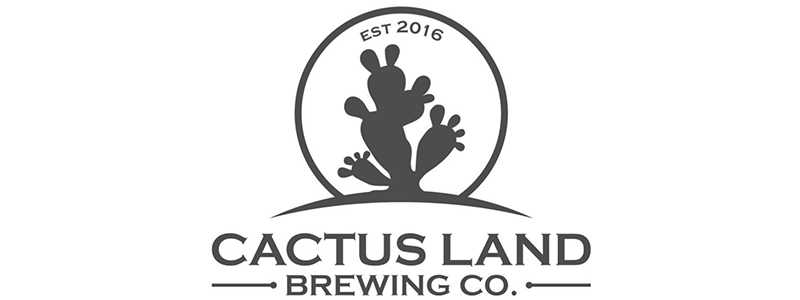
MARKS: With new equipment coming in and becoming more of a production brewhouse, how does working with American companies like MARKS help you achieve your goals?
Erica – We’ve dealt with companies where they just wanted us to sign on the dotted line, like buying a car, and they did not really understand what our needs were. We wanted someone to come to our brewery and see where we’re doing and what our needs were. Someone who worked with other breweries, large and small, so we could benefit from that. The communication is also so helpful, and I didn’t have to call a 1-800 number. With MARKS, I can text or call and communicate back and forth.
Dustin – It’s important having someone who can come out actually to come to see us. Call to check-in, but not be pushy. It’s also comforting to know its American Made. It gives a good feeling that you’re not one day going to up and leave us. We’re spending a lot of money, and it’s a little scary. Having trust in someone to deliver it is important.
MARKS: Does your future growth plan include anything beyond craft beer?
Dustin – We might move to coffee. With our own restaurant, we could serve coffee there. I don’t think we’re planning on seltzer.
Erica – We want to stay true to our beer and our craft. We want to look at how far we can push beer to be funky and to evolve and see how far we can push our beer. We bring cocktails to it, and we just did a Mojito Gose. It’s about attracting people in a new way. They can look at a beer like that and say, “I like mint, I like lime, and I like mojitos, so I’m probably going to like this.”
MARKS: What does the future hold for Cactus Land and San Antonio in the craft beer scene?
Erica – Beyond the current climate, we’re planning on more to-go products. We’d also like to see our beers in more bars and businesses across town. That will help our brand in getting out there across the scene. Right now, we can’t do that because of the state of the limited quantity of our product. We’d also like to be open more hours. We may open every weekend or more days, instead of just private events on our off weekends.
Dustin – Yeah, more product would allow us to have more beer to-go, a fully stocked fridge. Right now, we have to limit what we do and don’t package. We’re also limited to events we can attend. Right now, we are limited to two a year because it’s all we can produce. We’re looking forward to making more product and ordering more ingredients. With that, we can reduce costs through economy of scale, so we can justify getting our beer out there.
MARKS: You mention to-go and packaged product, has the current climate with COVID forced you to focus more on this for the longer term?
Dustin – Well, it’s all we do right now. But no, we’ve always had this idea of releases of beers to-go and growlers on demand. What I’d like is a pallet of packaged beer and releases that are not just 120 bottles.
Erica – Yeah, where people are limited to one or two bottles, and we don’t have to say, “We made a barrel of it!” It’s so hard being so small, and the customer doesn’t understand when they’re told they can only have one bottle. I have to say to them, “look at our tanks, we’re a one-barrel brewery.” So getting our costs down and being able to brew more without having to brew so many times a week would be helpful.
Dustin – Post-COVID 19, we believe that with increased opening hours and getting more product to-go, we’re probably going to be close to the same. It would be good to be moving the product.
MARKS: How do we all help to support Cactus Land?
Erica – It may seem small, but liking or sharing our posts on social media means all the world of support to us. Also coming to the brewery, even just to grab one beer, it’s so important to us.
Dustin – Yeah, definitely sharing our posts gives us an audience. We also like people coming to us so we can talk about what’s in our beer. We want to engage with the people enjoying our product. We also provide food and live music. That is a big part of our venue. We want to provide entertainment.
Erica – Our model is really an entertainment venue, so it’s hard not to be able to see people and hug people right now. We feel so disconnected.



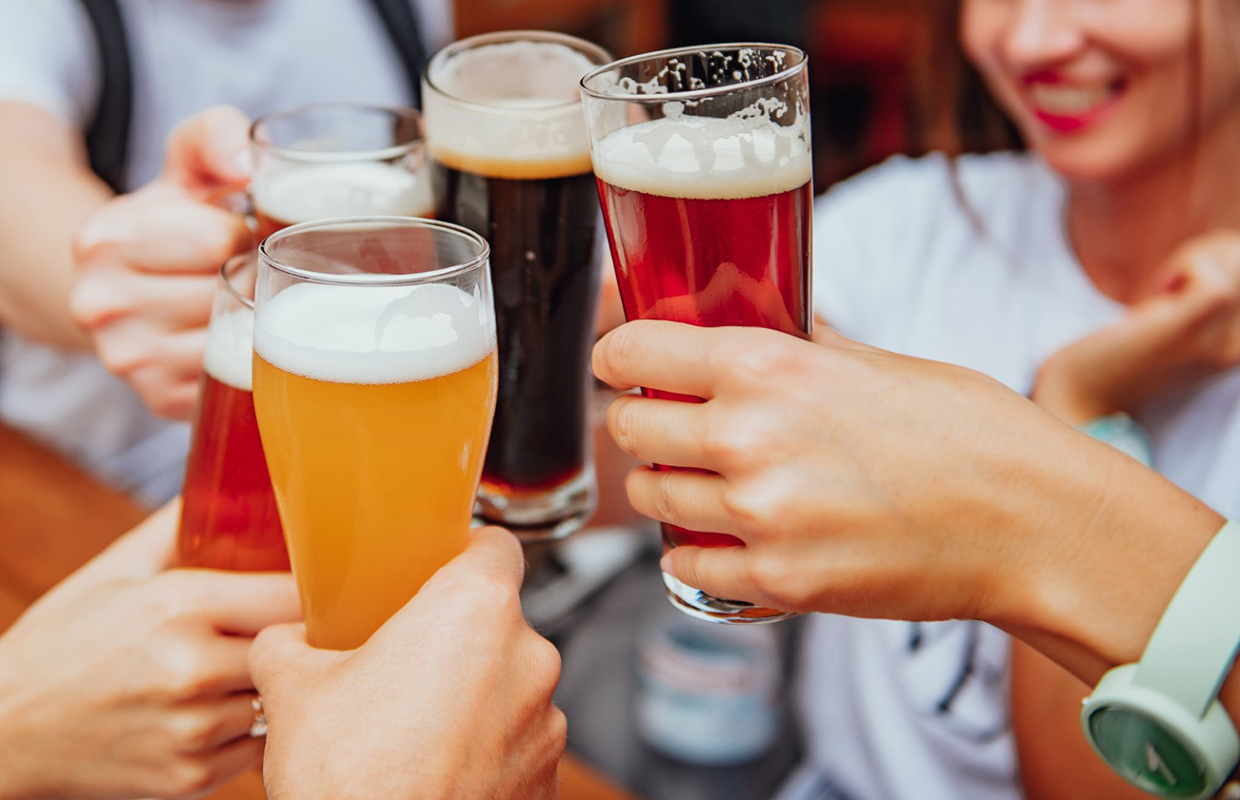
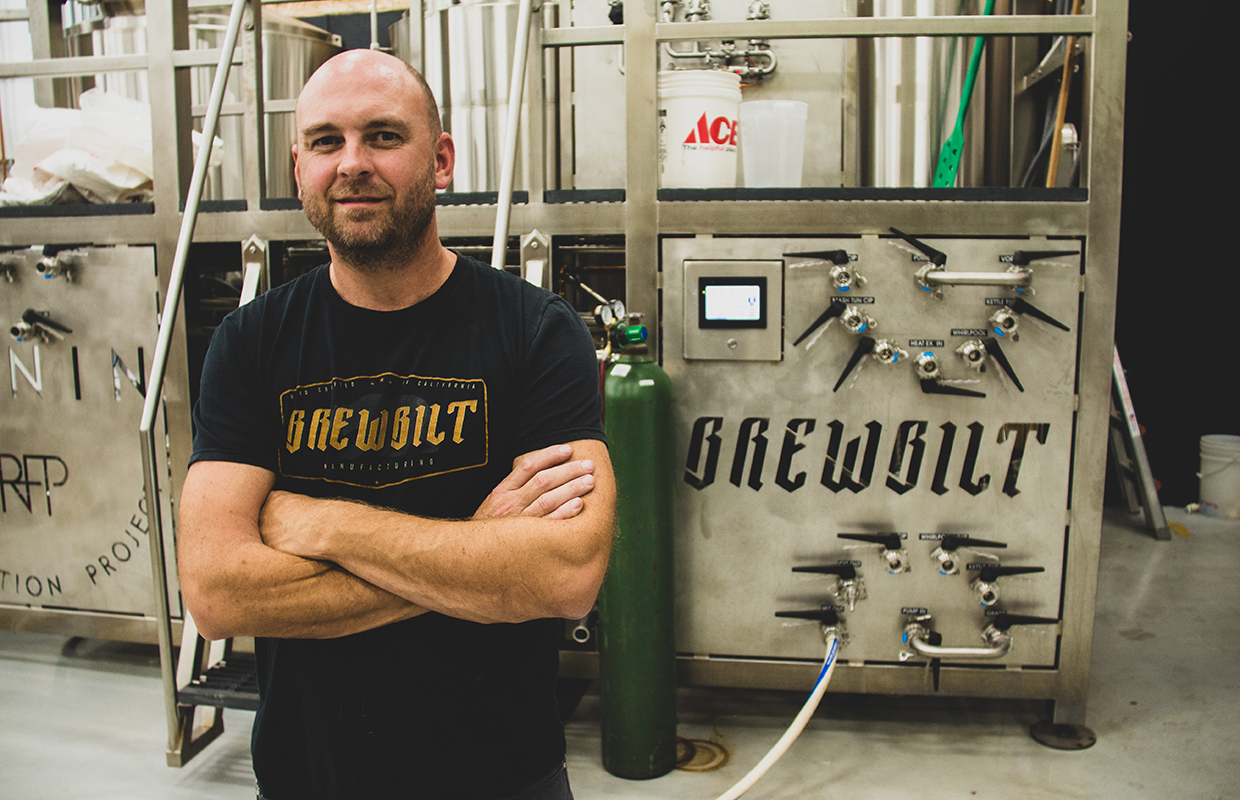
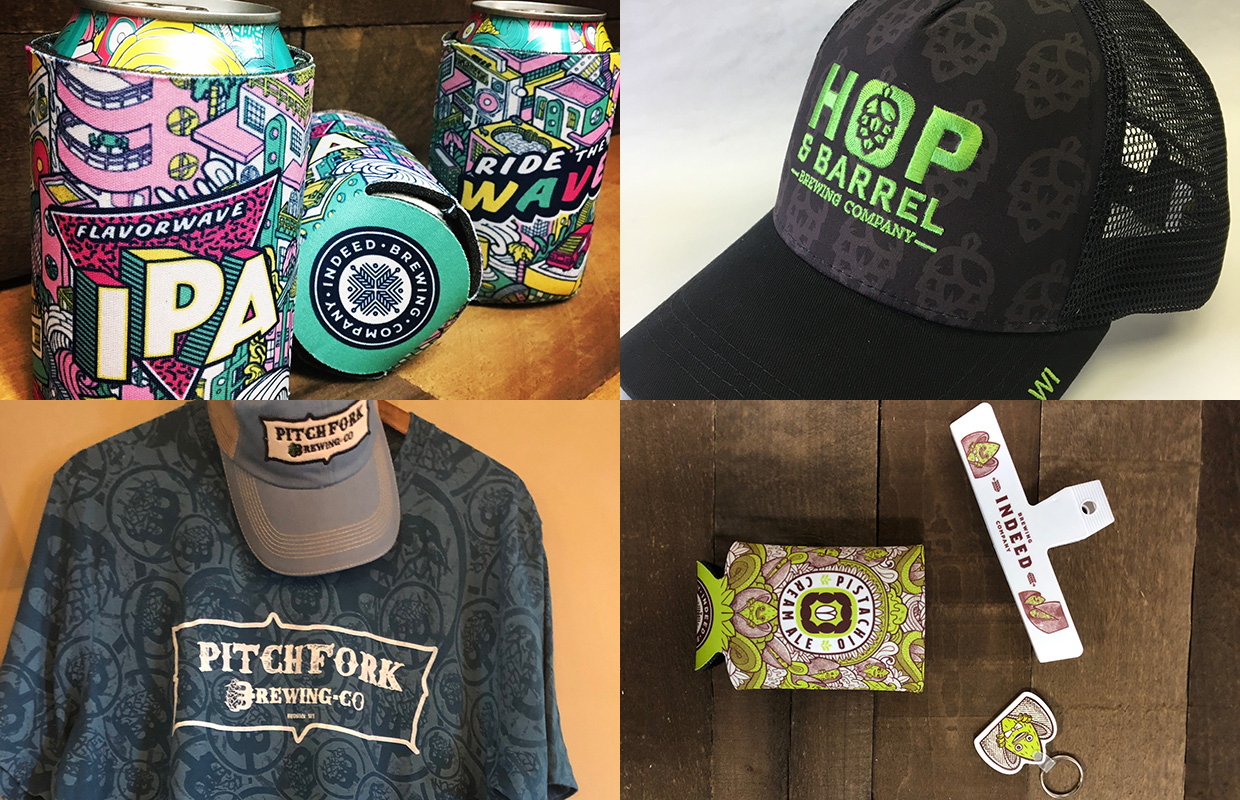
Be the first to comment